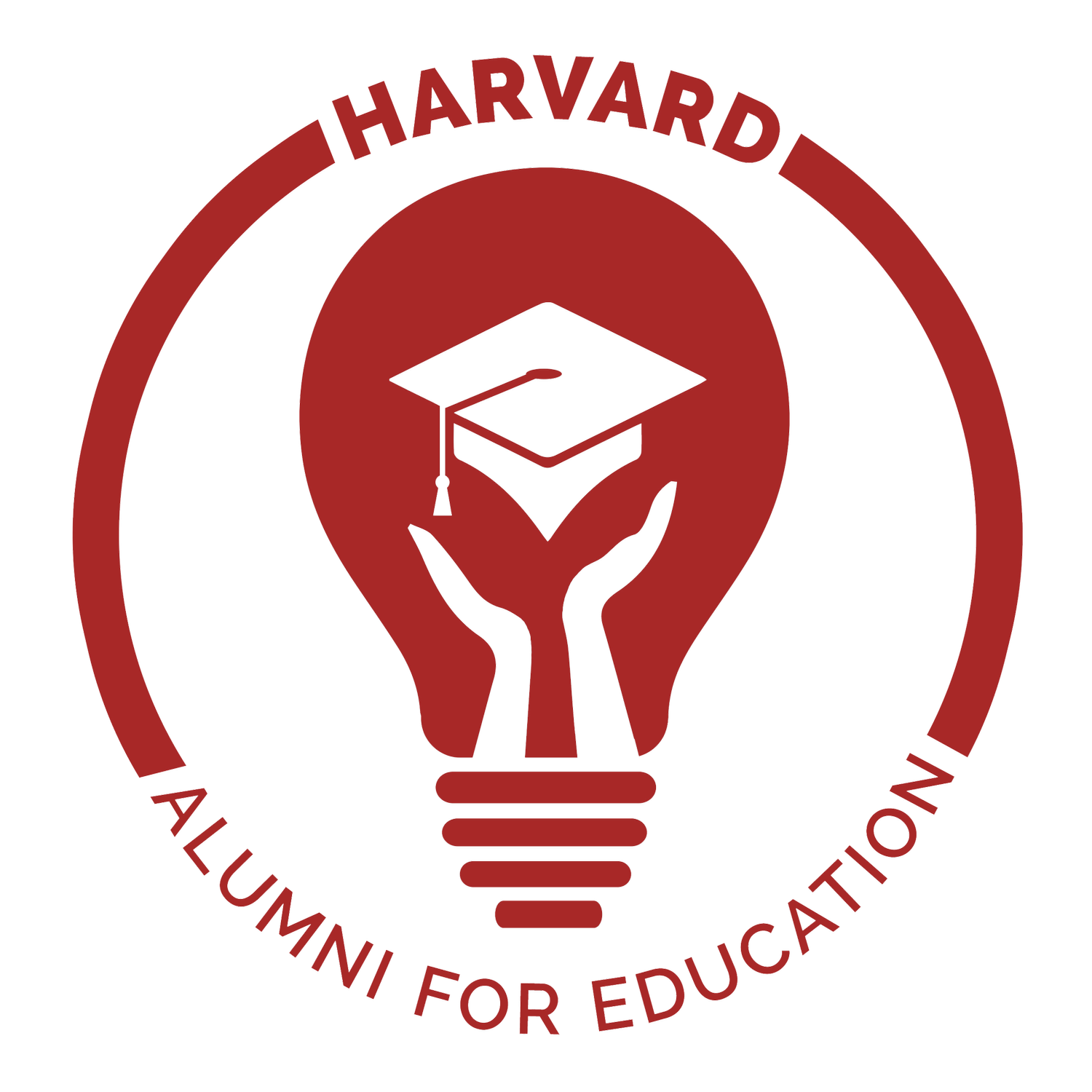Full name: Darcy-Tell Morales
Degree/Graduating Year: BFA from Pratt Institute; M.Ed From HGSE
Location: New York City
Current Role: Senior Managing Educator for Family and Teen Programs at The Metropolitan Museum of Art
HOW DOES YOUR WORK CROSS IN EDUCATION?
I believe my work IS education - just because I am in the arts does not mean that it isn't education focused. I am a strong believer in interdisciplinary approaches to education so I do like to think about the intersection of a lot of different disciplines for young people. With that being said, the programs that my team and I oversee at the museum focuses on exploring art, creating art, and the subject matter of art. Because we work with predominately young people and their families, a lot of our work focuses on identity and connections to works of art and what is happening in the world. Art can have an impact on the ways people understand the world and help people make sense of themselves in the world, so I think art has a really important place in the lives of people.
WHAT KIND OF PROGRAMMING DO YOU DO?
My team focuses primarily on out-of-school programming for young people and their families. For Family Programs, that includes our multi-session Children's Classes, Family Tours, Story Time, smaller events like Family Afternoons and our large scale festivals like Lunar New Year and World Culture Festival. For Teen Programs, that includes our Saturday Sketching program, Teen Studios (day- and week-long), Career Labs, High School Internships, @metteens on Instagram and our twice-annual teen night, Teens Take The Met! We often work cross-departmentally and incorporate our colleagues and their work into our programs, as well as with partners from across NYC, artists and others to pull off all of the programming we do throughout the year. We work on a number of other initiatives across the museum and try to ensure that it is an inclusive and accessible space for young people and their families.
WHY IS WORKING IN EDUCATION IMPORTANT TO YOU?
It's personal. I attended many types of schools growing up and have first-hand experience seeing the inequities of our system for BIPOC (Black, Indigenous, People of Color) through my own educational experience and the experiences of the young BIPOC I have worked with. I felt terribly lackluster as a student through high school, and only really started to thrive in college because I was studying things that interested me! For me, that was a lightbulb moment - I had a different understanding of how people do well in school when they are inspired, see themselves reflected in the learning and interested in what they are learning. People deserve to feel successful in their education and learning, so I strive to find opportunities to inspire that in young people so they do not feel the way I did. This is why focusing on out-of-school time learning has been amazing - working outside of the traditional school system has given me an opportunity to experiment and inspire in ways that are not tied to testing and can met the needs of a variety of learners. In recent years, so much of my experience has been about bringing a range of young people (diversity of race, ethnicity, class, education background, etc.) together in programs to engage in a range of learning experiences. I find this work to be especially important, because so many people are siloed by the system or programs. This requires deep thinking about how to create inclusive and accessible spaces for young people that are equitable to their needs. And I love that I have an opportunity to think with young people about this and that they have opportunities to engage with people who do not look like them or are from similar areas as they are.
WHAT KIND OF IMPACT DO YOU HOPE TO MAKE?
This is such a hard question for me. I am consistently trying to consider the impact and changes that I can personally make and also what are systematic change that needs to happen in order for a young person to thrive. While I would love to take on the system, sometimes I need to remind myself that I only have influence in the spheres I am a member of. With that being said, I always hope that my work has an impact on the life of a young person - that they are able to be true to who they are and what they want to do and that there are no major barriers to their success. Especially for BIPOC youth.
WHAT KIND OF THINGS CAN OTHERS DO TO MAKE A MEANINGFUL IMPACT WHEN THEY DON’T HAVE MUCH TIME?
Donate your money! Especially if you can give unrestricted funds to a program that is having a positive impact on young people. If you don't have extra cash, share programs and organizations that you respect on social media - that exposure can go a long way for that program. You just never know who's in your sphere of influence and can donate money or publicity for that program. If you have no idea where to begin, I'm sure you have friends that do interesting work - ask them what they do. They will be really excited to know you are interested their work and love feeling appreciated.
WHAT ADVICE DO YOU HAVE FOR OTHER HARVARD ALUMNI?
I would encourage you to find ways to get involved and stay connected with other alumni, whether it's within your local community or via social media. There are so many people with a wealth of experience and knowledge who can help you out, and vice versa.



